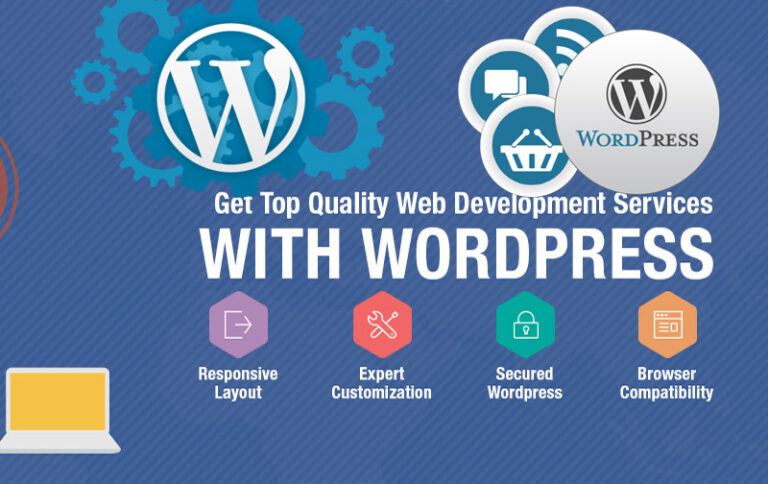The Changing Landscape of Web Development
In today’s competitive online environment, having a strong web presence is essential for businesses looking to succeed. In order to stand out among the competition, it is important to have a well-designed website that not only looks appealing but also functions flawlessly. This is where content management systems (CMS) come into play.
What is a Content Management System?
A Content Management System is a software application that allows users to easily create, manage, and publish digital content on the web. CMS platforms such as WordPress, Joomla, and Drupal provide users with a user-friendly interface that simplifies the process of creating and updating content without the need for advanced technical skills.
The Benefits of Using a CMS
Using a CMS has a number of benefits for modern web development. One of the biggest advantages is the ability to easily update content without having to rely on a web developer. This means that businesses can quickly and easily add new products, update pricing information, and make other changes to their website without the need for outside help.
SEO-Friendly Websites
Another key benefit of using a CMS is that it allows for the easy optimization of websites for search engines. Many CMS platforms come with built-in SEO tools that make it simple to optimize content for keywords, add meta descriptions, and create search engine-friendly URLs. This can help improve a website’s visibility in search engine results and drive more traffic to the site.
Mobile Responsiveness
In today’s mobile-first world, having a website that is optimized for mobile devices is crucial. Many CMS platforms offer responsive design functionality, ensuring that websites are able to adapt to different screen sizes and devices. This is essential for providing a seamless user experience and maximizing engagement on all platforms.
The Tl;dr Wrap Up
Content Management Systems play a crucial role in modern web development by providing users with an easy way to create and manage digital content. The benefits of using a CMS include easy content updates, SEO-friendly websites, and mobile responsiveness. By utilizing a CMS, businesses can create a strong online presence that attracts customers and drives growth.
FAQs
What is the best CMS for my business?
The best CMS for your business will depend on your specific needs and goals. Platforms like WordPress, Joomla, and Drupal are popular choices, but it is important to consider factors such as ease of use, scalability, and available features when choosing a CMS.
Can I switch to a different CMS if I am not satisfied with my current one?
Yes, it is possible to switch to a different CMS if you are not satisfied with your current platform. However, this process can be complex and may require the assistance of a web developer to ensure that all content is transferred correctly.
How can a CMS help with my website’s SEO?
CMS platforms often come with built-in SEO tools that make it easy to optimize content for search engines. This includes features such as meta descriptions, keyword optimization, and SEO-friendly URLs, all of which can help improve a website’s visibility in search engine results.












